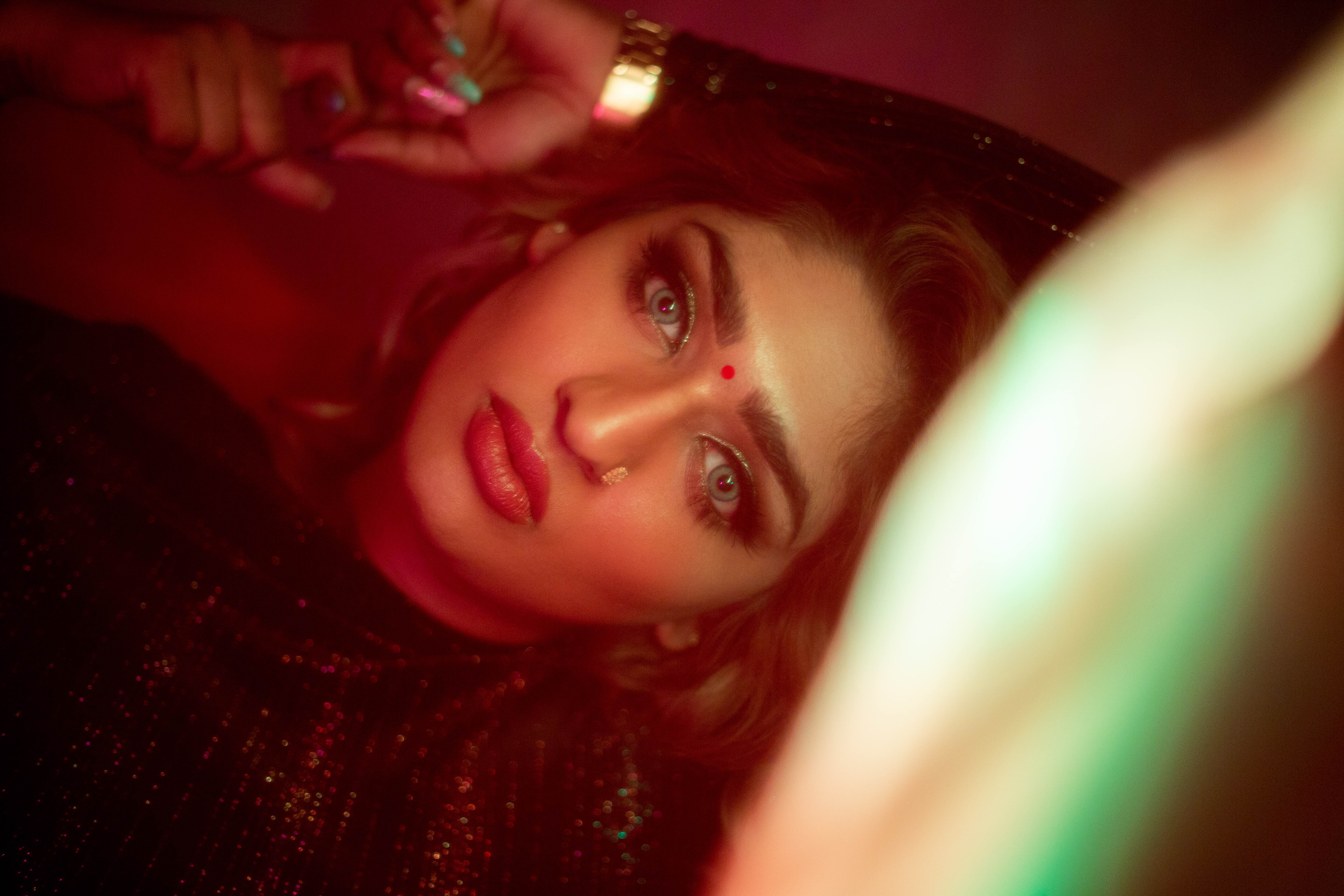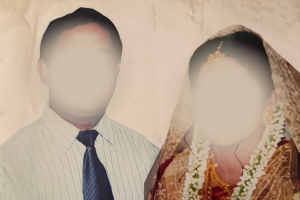Benitha Naagarajan was in secondary school when she realised she was trans, so she set out to look for other girls like her. But there was only one place in Singapore where she knew she’d find other trans women: Geylang.
Upon meeting trans women for the first time in her life, she felt a sense of belonging. Being young and naive, she believed the women living in the red-light district led a glamorous life, and she told herself “I want to be like them and live with them.” So at 18, Benitha ran away from home, and her career in sex work began.
Telling me this story years later, the now 29-year-old Benitha attributes her decisions to the lack of guidance—or ‘role models’—she had growing up. We spoke about how we all are a product of the people we look up to. As a cis-gendered male, I’ve seen thousands of individuals like me succeed both around me and in the media. But Benitha, having no other point of reference but the sex workers she met, followed exactly in their footsteps.
Benitha’s past is not uncommon among trans women, and neither is her beauty. But in their community, appearance is not as simple matter to do with styling techniques, but of survival.
“We have to be beautiful because of the jobs that are available to us,” says Andrea Razali, a 29-year-old Singaporean transgender pageant queen.
“Society has marginalized women like me to the point that our options are limited. Apart from entertainment, the other field that has a lot of trans women is the sex industry—and both are all about body objectification.
“Growing up, I didn’t know one trans woman succeeding outside of those realms in Singapore.”
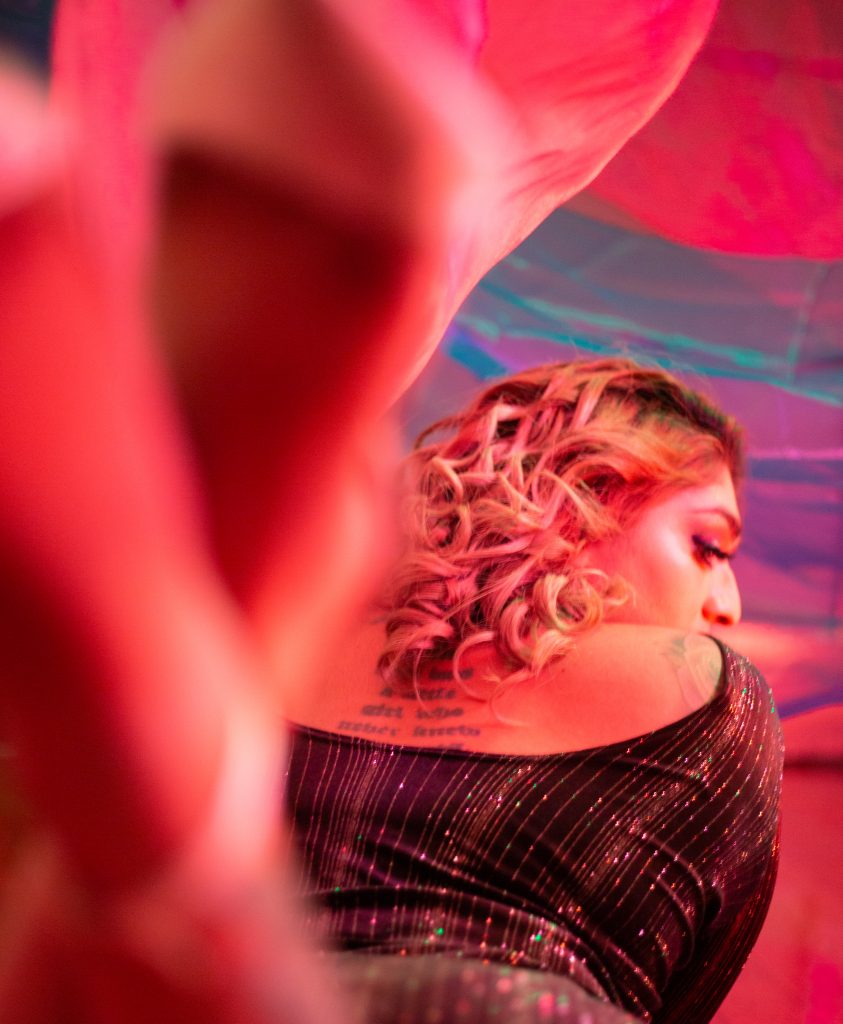
For example, one of the most common professions for trans women in Vietnam is being a funeral singer. It’s “a position which allows them to present themselves as women. However, these performances are often characterized by derision and mockery from cis people attending the funerals,” the report states.
In Singapore’s mainstream media, appearances of trans women are rare and few. There was Abigail Chay from the 1990’s sitcom Under One Roof, and Leona Lo, a trans-woman who wrote a book about the life of transgenders in Singapore.
“We are not human in the eyes of society, we are circus clowns,” Andrea mumbles.
“And when you see a circus clown, do you want to know them on a deeper level? Or are you expecting them to entertain you? That’s what we are expected to do.”
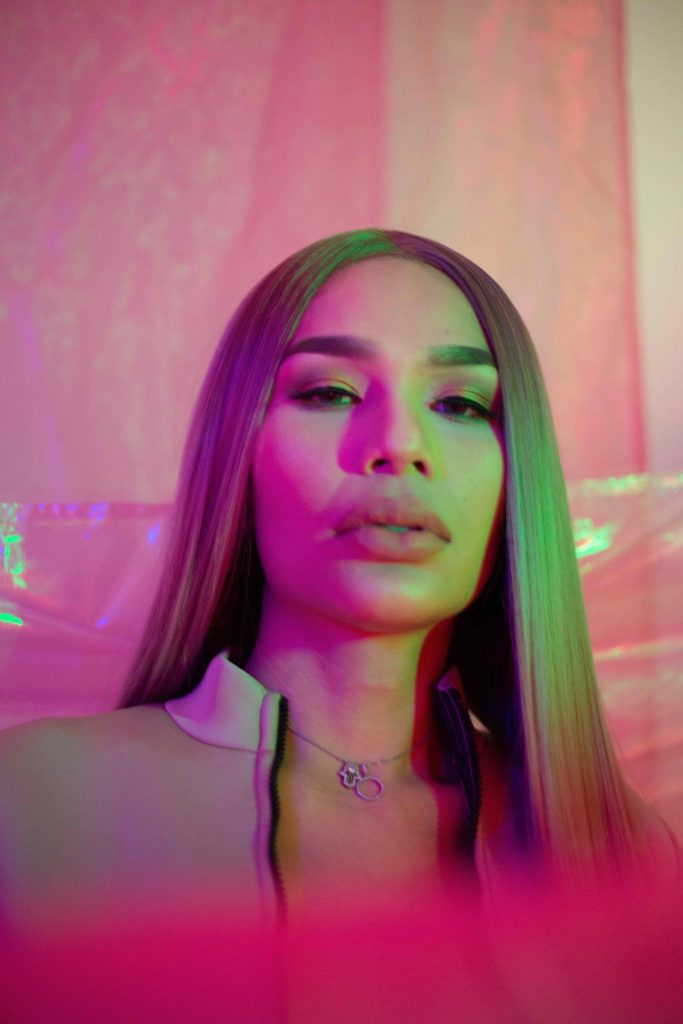
Both Andrea and Benitha work in the beauty industry—Benitha is now married and works as a makeup artist, and Andrea is a model and owner of a cosmetics company. But they both grew up with different aspirations that got derailed because of their gender identification.
Benitha always wanted to be a nurse, but when she was only one exam away from securing her certifications, she had to run away from home in order to transition. A few years later, she tried to work as an assistant teacher at CHIJ Toa Payoh, but that fell through when her employers found out she was trans.
“At first, I didn’t tell them I was trans, but I eventually mentioned it because I didn’t want to hide my identity,” Benitha recalled.
“On the spot they told me to go home. Then they called me and said that CHIJ was a girls’ school so it wasn’t appropriate for me to work there. I was angry and upset. Especially because the children never cared. It was the adults.”
She adds, “We can change our gender on our IC, and they say we can live free lives, but that is not the reality if so many doors are closed to us. We can’t become pilots, policewomen, teachers. I don’t know one trans woman who managed to adopt kids. How do we encourage the new generation of trans girls to aspire for more when we’re still not accepted in so many places?”
A few years ago, Andrea was also at a crossroad, with the option of taking a very different path from the one she’s now on. She had gotten a Bachelors’ in Business Management from RMIT university, and wanted to apply for corporate jobs. But she hadn’t had her Gender Reassignment Surgery (GRS) yet, so she feared being discriminated against because her IC still said ‘male,’ when she looked female.
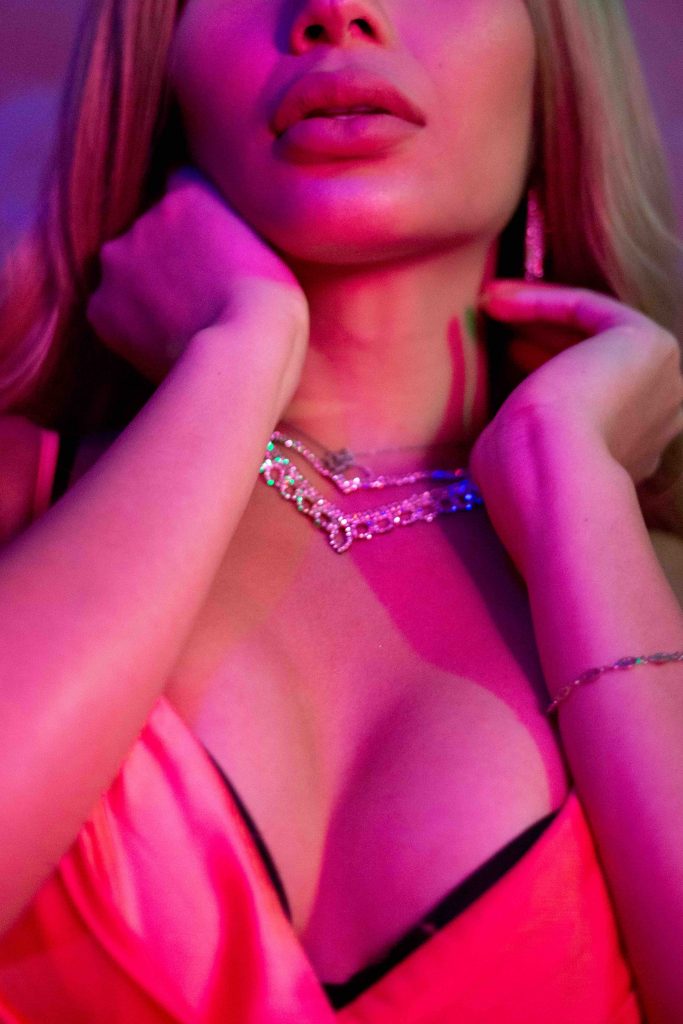
When Benitha visited the Hindu temple during her transition, she would get stares from others.
“No one would want to stand near me, there was always a huge gap around me,” she tells me.
“I used to get a lot of dirty looks outside, so I started becoming obsessed with grooming myself and taking a lot of hormones.”
Benitha explains that if trans-women don’t look pretty, they are more likely to get ridiculed by others: “People will say, oh she is so ugly, why would she want to be a woman. She should have just stayed a man.”
“But if we can transition and be beautiful, then at least they can’t use that argument against us.”
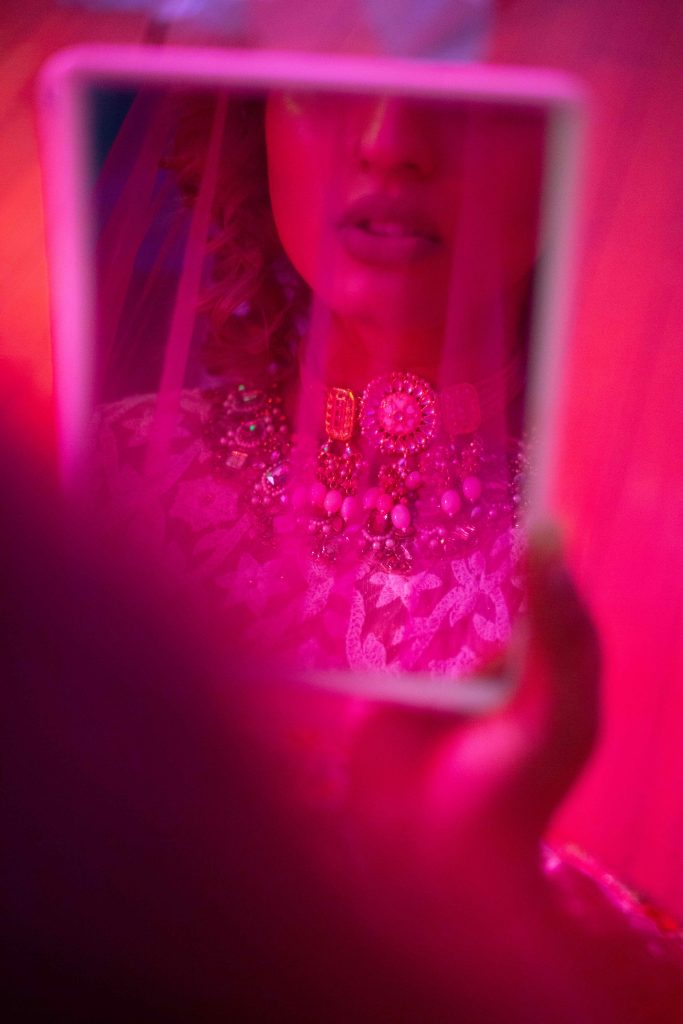
“Beauty is pain,” she replies. “We go through so much to be beautiful. Psychologically too—I try hard to look good because I don’t want my husband’s friends to say he married an ugly transgender. It’s so ingrained in our heads. I’ve stayed in abusive relationships in the past because I thought I would never find another man who would want me.”
In her past, Benitha faced abuse from her boyfriends, men on the streets, and clients. While violence against trans women is a regular occurence in more conservative countries like Malaysia, the danger is real in Singapore as well. Research by Singapore-based organisation Sayoni found that about 1 in 4 LGBTQ+ women in Singapore have faced violence.
“Once, a man picked me up on the streets and drove me to Jurong, where he locked me in his car,” Benitha recounts, her voice quivering, “He started asking me why I wanted to be like this. He told me that I should be a boy, and to stop cheating men by dressing up as a woman.”
“He was going to hit me,” she pauses as she recounts the story. “I lied to him and said I needed to use the toilet at the coffee shop, then I ran for my life and got a cab.”
“The more attractive you are, the more likely you are to pass—which gives you peace of mind. It prevents you from being abused,” Benitha mutters.
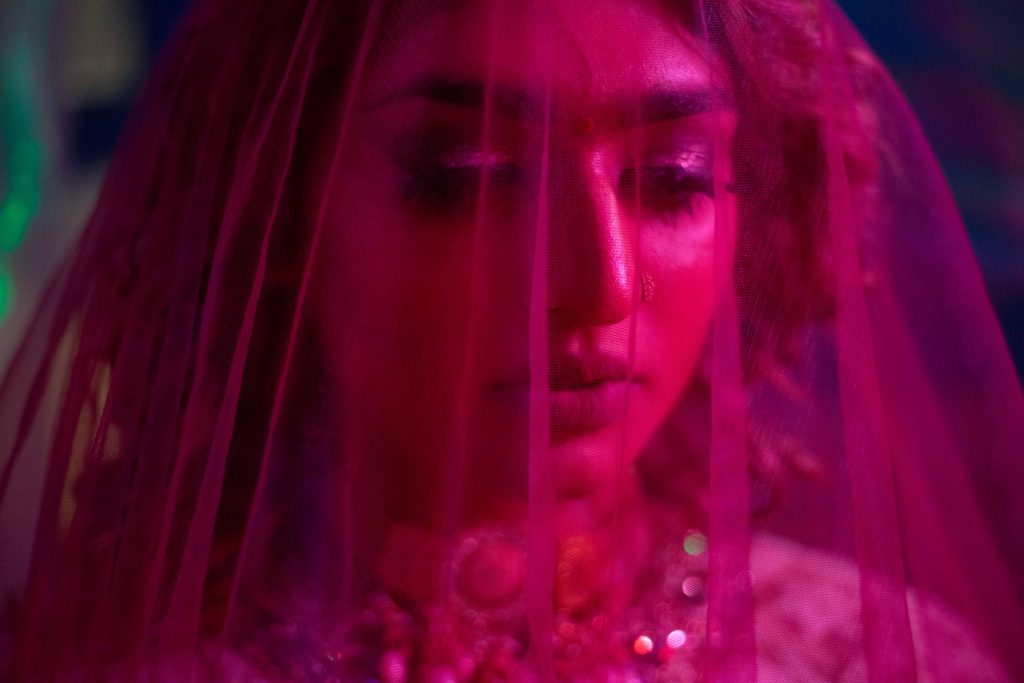
“I wouldn’t be able to raise awareness like this if I wasn’t a model or pageant queen,” she says.
“I get the platforms I do because of how I look.”
Earlier this year, Andrea was crowned Miss International Queen Singapore, so she went on to compete at the finals of the world’s biggest beauty pageant for transgender women.
“Imagine being in a room with 25 trans girls—all with an incredible story—except nobody cares about that,” she exclaimed.
“When I went to the pageant, saw my equals being treated like that, heard their story, then saw their social media, it struck me—no one cares how much pain you have been through. People only care how beautiful you are, and there will only be attention given if you look feminine.”
“Do you find Barbie dolls beautiful?” Andrea asked me. “Aesthetically they are nice, but what do you see when you look into a Barbie doll’s eyes?”
“Nothing,” I replied.
“My point exactly. All these women are so beautiful but so empty. Not empty in their heads, empty inside because everyone has taken so much out of them.”
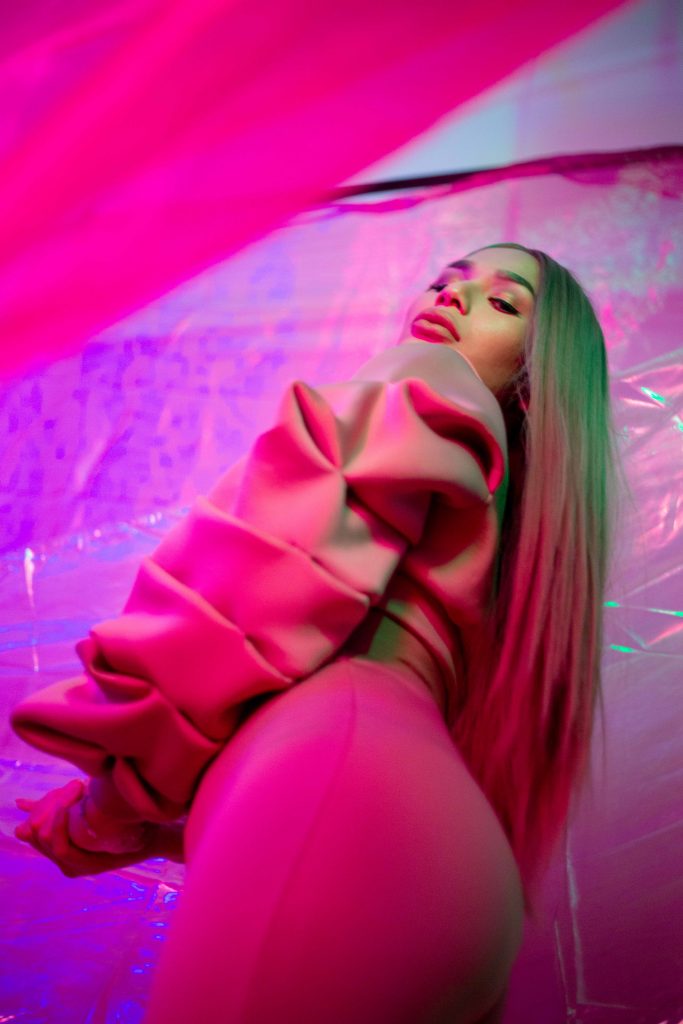
“It was all a business, all about who is more famous and promoting brands,” she explained.
“But when you know there are millions of transgenders all around the world looking up to this one pageant, saying I want to be just like her and her, shouldn’t you pick a role model?”
Since the pageant, Andrea has changed. When we met, Andrea had no makeup on—a first in the years I have known her. She is aware her beauty has gotten her far, but it has also exposed her to the competitive and unforgiving world many trans women live in.
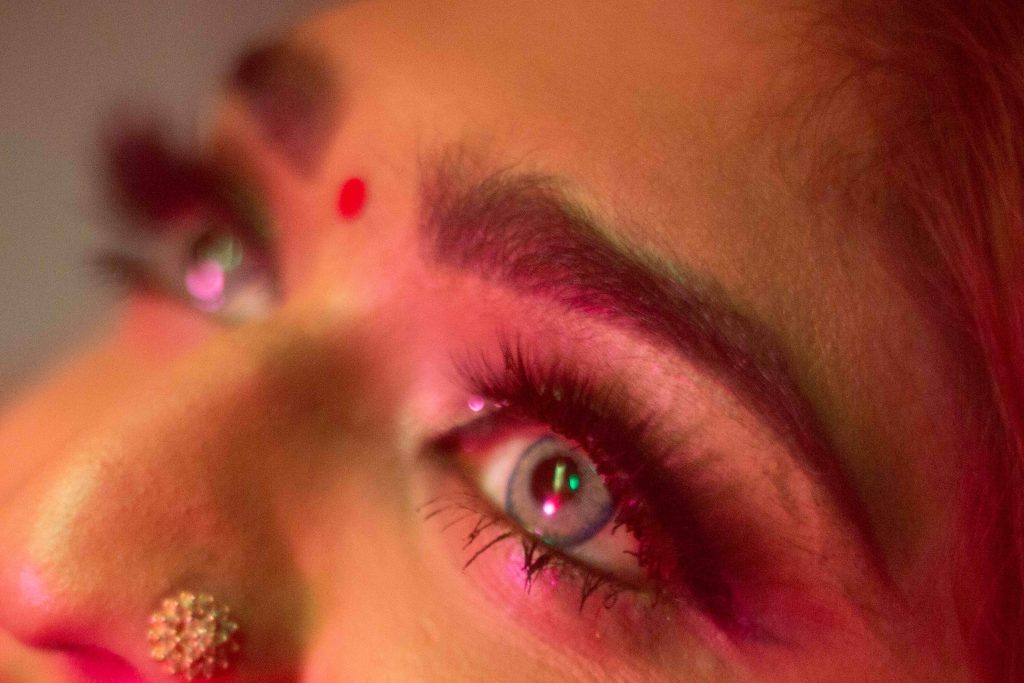
Hormone treatments, botox, fillers, and implants are relatively common procedures in the community. Some women take more extreme measures, using injections that kill melanin or taking pills to reduce body hair.
“Often, girls will self-medicate because these medications are expensive,” Andrea shares. “Women from lower socioeconomic backgrounds, like in the Philippines or Thailand, self-medicate without the guidance of a doctor.”
“Overdose of hormones can be dangerous—it affects your liver and your mental state,” she continues. “I’m guilty of having done that when I was younger to look more feminine. Paranoia, anxiety, headaches, insomnia, eczema, depression, suicidal thoughts—these all come if you take too many.”
Before the Miss International Queen pageant, Andrea saw some of the contestants self-injecting with botox, filler, and hormones. “They just wanted to be beautiful on the last night,” she says.

“I miss being a man and walking into a cafe without everyone staring at me. I miss being able to go out in a t-shirt, board shorts, and slippers. I hope one-day transgenders can go out and be themselves no matter how feminine or masculine we are. In some cultures, we are considered a third gender. So stop trying to fit us into specific gender roles.”
During our interview, Andrea told me she was applying for jobs in finance for a change of scenery. A couple weeks after, I called her to ask whether any of the companies she applied had gotten back.
None had.

